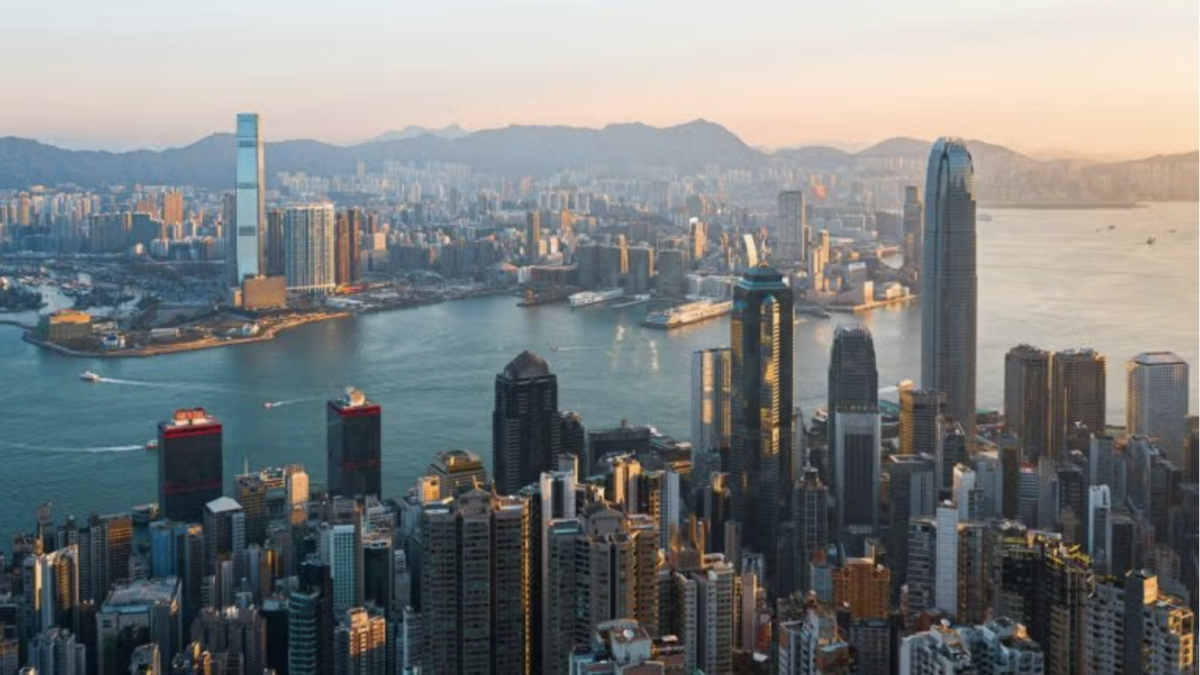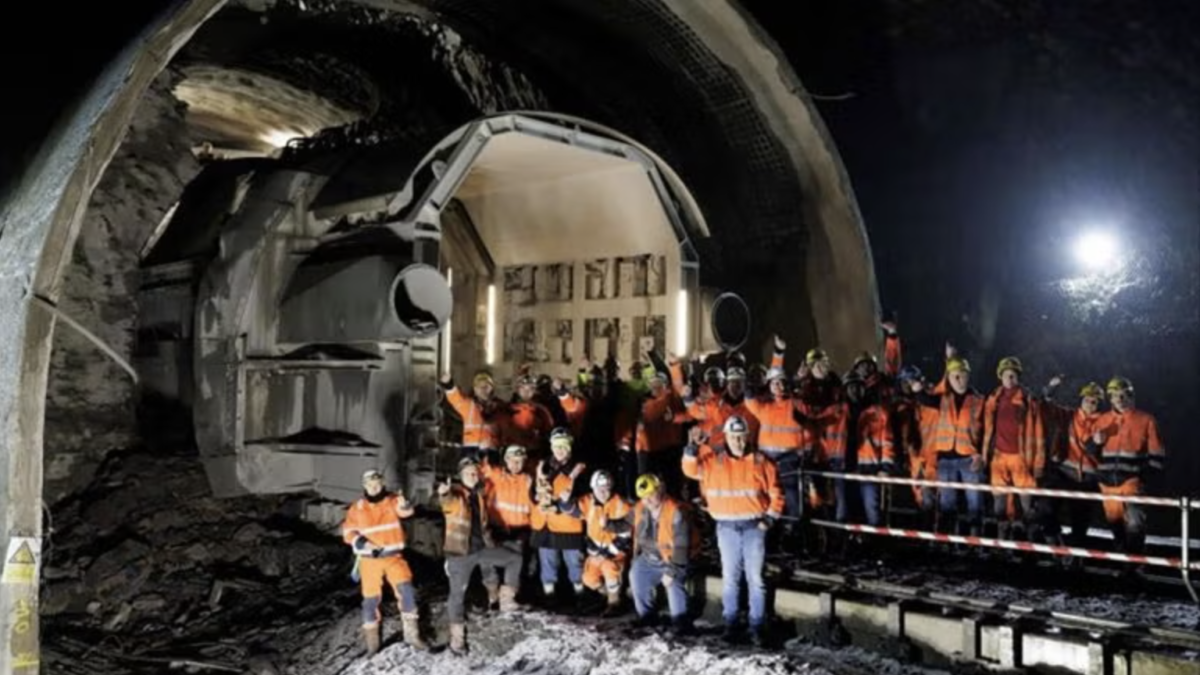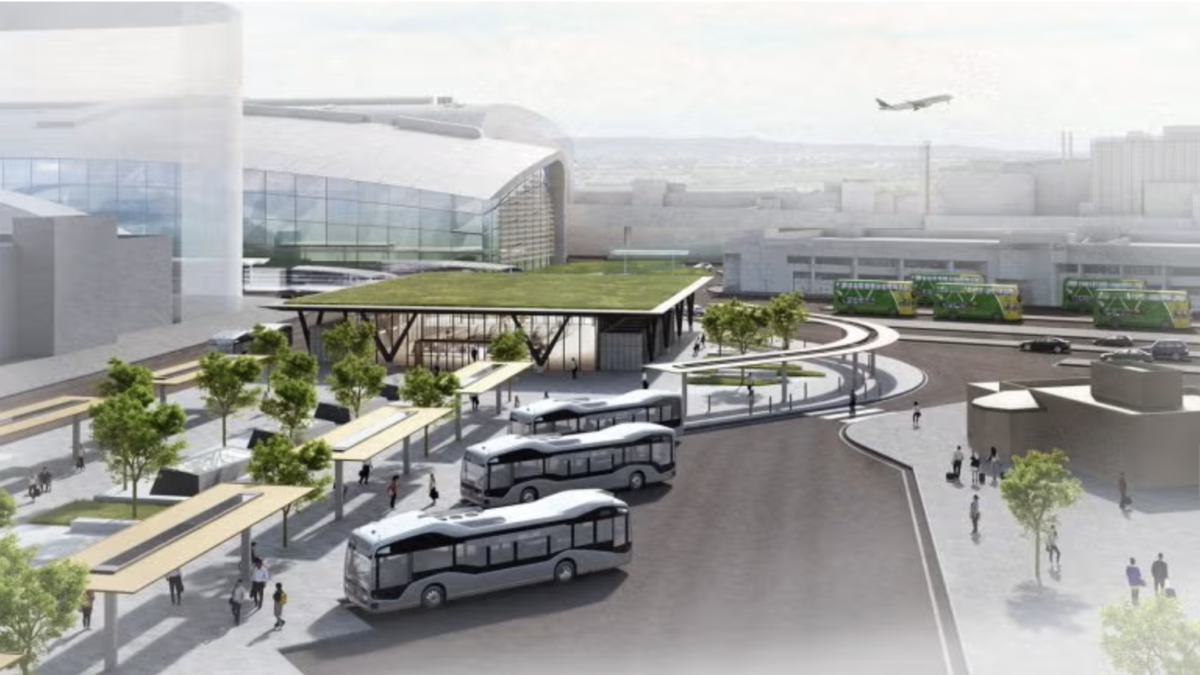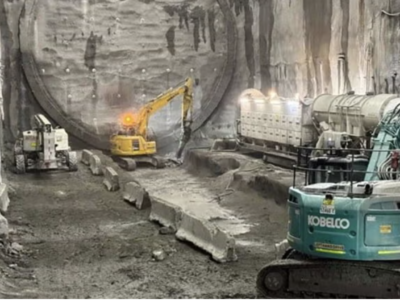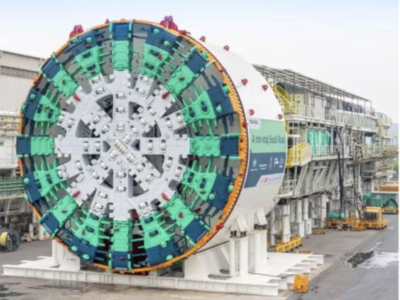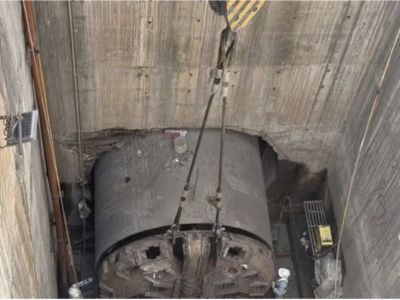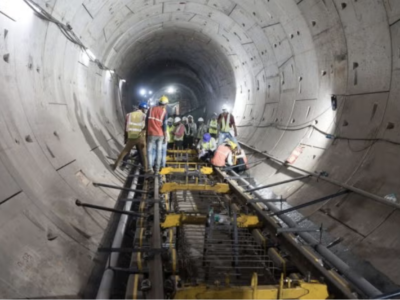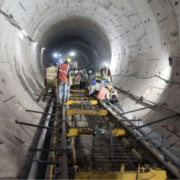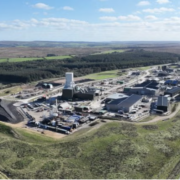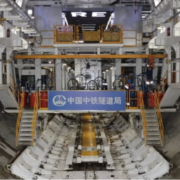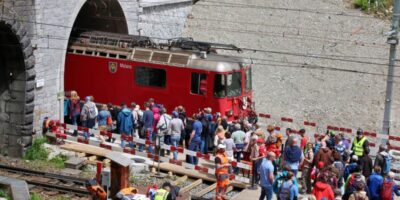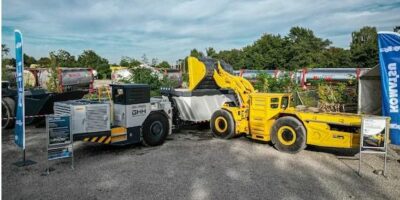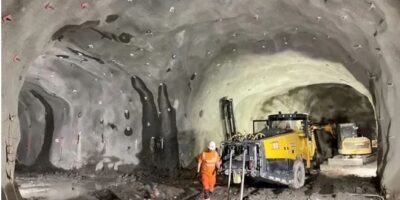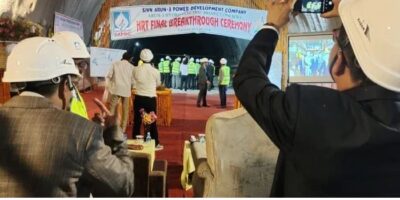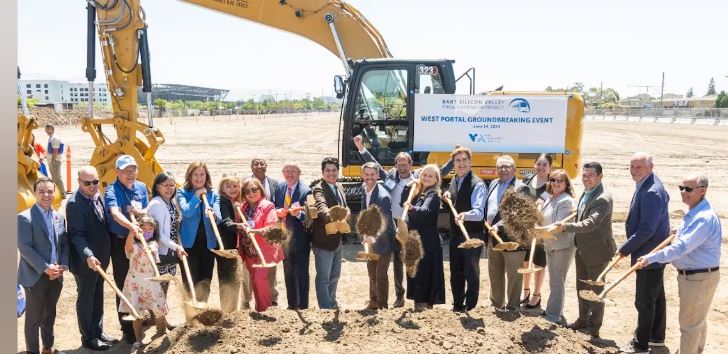
The future Santa Clara Station and Newhall Yard & Maintenance Facility in San José and Santa Clara, CA, hosted the BART Silicon Valley Phase II (BSVII) extension groundbreaking ceremony, which was launch of the construction phase of and held by Santa Clara Valley Transportation Authority (VTA).
The aim of this ceremony was featuring the symbolic gold-shovel groundbreaking at the West Portal where the TBM is due to be commissioned to build the 8km tunnel from Santa Clara and through downtown San José. Building a factory to produce the tunnel liners, constructing the TBM launch shaft, as well as a grout plant and soil storage bins to hold excavated materials before transport, will be the early construction work at this site.
As the largest transport infrastructure project in the history of Santa Clara County, the VTA’s extension of the regional BART system is a 16.5m diameter Herrenknecht TBM.
Integrating Santa Clara County with the greater Bay Area BARTA system, the BSVII is due to take the service from Berryessa/North San José through downtown San José to the City of Santa Clara, which involves three stations with underground platforms (28th Street/Little Portugal, Downtown San José, and Diridon), one ground-level station (Santa Clara), a train maintenance and storage facility at Newhall Yard, and additional facilities.
The design-build contract for the tunnel and trackwork, was granted to Kiewit Shea Traylor joint venture (KSTJV) in 2022.
According to VTA general manager and CEO Carolyn Gonot: “The VTA had been unwavering in its commitment to the project. Our goal is to provide efficient, sustainable transit solutions that serve the needs of our growing communities.”
Emphasizing on the project’s lasting impact, City of San Jose mayor Matt Mahan said: “Connecting people to the heart of Silicon Valley will create opportunity for the future. We have the responsibility to make decisions that will be transformative for not just us, but for generations to come.”
The scheduled date for inauguration of this new line is 2037 and it is going to provide an average travel time of 30 minutes for an 80km journey and in reducing car use it is estimated to cut greenhouse gas emissions by 19,500 tons per year by 2040.


